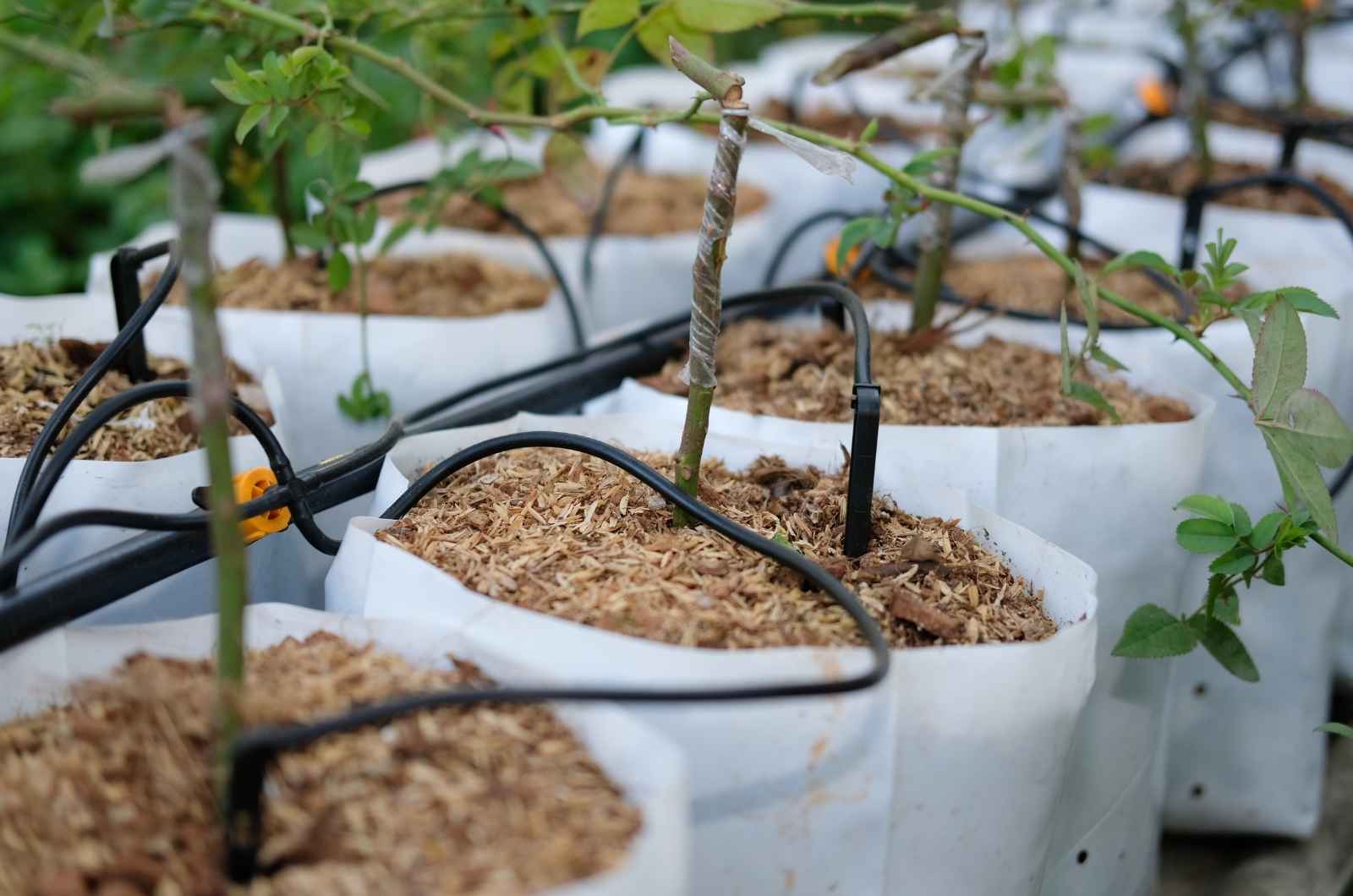In the ever-evolving world of agriculture and plant biology research, the quest for innovation leads to groundbreaking methodologies that significantly enhance our understanding and management of plant life. Among the pioneers in this field, http://plant-ditech.com stands out with its revolutionary Plant Array Phenotyping System. This system not only marks a significant leap forward in how we approach plant phenotyping but also paves the way for advancements in precision agriculture and plant biology research. By integrating data from diverse sources, Plant-DiTech offers a unique perspective on plant growth, behavior, and characteristics, providing invaluable insights for farmers, researchers, and the agricultural industry at large. This article delves into how Plant-DiTech is revolutionizing the field of plant phenotyping, highlighting its innovative approach and the implications for the future of farming and scientific research.
?What is Plant Phenotyping
Plant phenotyping refers to the process of analyzing and quantifying the physical and biochemical properties of plants. This encompasses a wide range of characteristics, from simple observable traits like height and leaf size to more complex attributes such as growth patterns, stress response, and photosynthesis efficiency. The goal of plant phenotyping is to understand how a plant’s genetics interact with the environment to influence its development and performance.
In traditional agriculture and plant research, phenotyping has often been labor-intensive and subjective, relying on visual observations and manual measurements. However, with the advent of precision agriculture and technological advancements, the field is undergoing a transformation. Modern plant phenotyping employs a variety of technologies, including imaging systems, sensors, and data analytics, to collect and analyze data on plant characteristics more accurately and efficiently.
This shift towards high-throughput and automated phenotyping systems is crucial for breeding programs, crop management, and research into plant biology. It enables the identification of desirable traits, assists in crop selection and genetic improvement, and provides insights into plant-environment interactions. The accurate, detailed data generated through advanced phenotyping methods is indispensable for addressing the challenges of food security, sustainability, and climate change adaptation in agriculture.
The Unique Approach of Plant-DiTech
Plant-DiTech stands at the forefront of plant phenotyping innovation with its proprietary Plant Array Phenotyping System. This system distinguishes itself through a holistic integration of data from various sources, providing a comprehensive picture of plant health and behavior. Unlike traditional methods that may focus on isolated aspects of plant growth, Plant-DiTech’s approach offers a multidimensional view, encompassing a wide range of physiological and environmental variables.
One of the key strengths of Plant-DiTech’s system is its precision. Through the use of advanced sensors and imaging technologies, it captures minute details of plant development and stress responses with remarkable accuracy. This enables the identification of subtle phenotypic variations that might be overlooked by conventional observation techniques.
Moreover, Plant-DiTech’s system is designed for high-throughput phenotyping, allowing the simultaneous analysis of multiple plants under controlled conditions. This efficiency not only accelerates the research process but also enhances the reliability of data by minimizing variability.
Another innovative aspect is the system’s ability to simulate various environmental conditions, providing insights into how plants would react to different stressors such as drought, salinity, or nutrient deficiency. This feature is invaluable for research aimed at developing crops with improved resilience and performance in challenging climates.
In essence, Plant-DiTech’s unique approach to plant phenotyping is revolutionizing the field by offering more precise, efficient, and comprehensive insights into plant characteristics and responses. This paves the way for advancements in precision agriculture and contributes significantly to our understanding of plant biology.
Applications in Precision Agriculture and Research
The innovative phenotyping solutions provided by Plant-DiTech have broad applications in both precision agriculture and scientific research. In precision agriculture, the detailed insights into plant characteristics enable farmers to optimize resource allocation, such as water and fertilizers, leading to more sustainable farming practices and increased crop yields. For researchers, the comprehensive data on plant responses to different environmental conditions accelerates the development of resilient crop varieties. By facilitating a deeper understanding of plant-environment interactions, Plant-DiTech’s technology supports the advancement of agricultural science, contributing to food security and the adaptation of farming practices to climate change.
Plant-DiTech's innovative Plant Array Phenotyping System is revolutionizing the field of plant phenotyping through its comprehensive and precise approach. By integrating various data sources and employing advanced technologies, it provides detailed insights into plant characteristics and environmental responses. This not only enhances precision agriculture by enabling more efficient resource use and higher crop yields but also accelerates scientific research towards developing more resilient plant varieties. Plant-DiTech's unique methodology is paving the way for future advancements in agriculture and plant biology, contributing significantly to our ability to meet the growing challenges of food security and sustainability.


